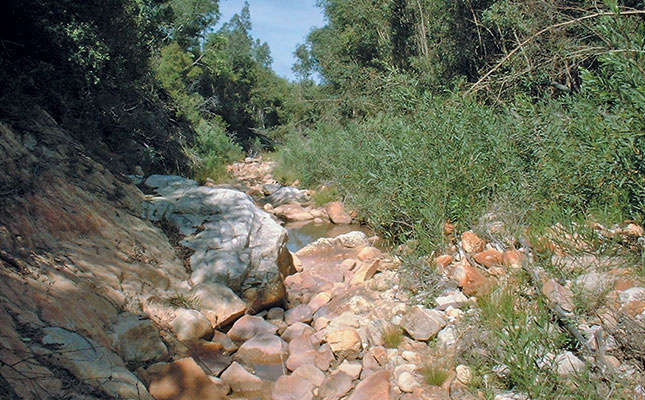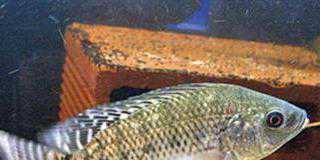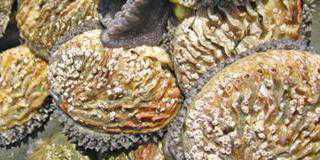
A group of aquaculturists recently had a discussion on an aquaculture group site about which fish species could be used for high-altitude fish culture at Mount Elgon and Kigezi Hills in Uganda.
Trout was suggested by the local Ugandans as a possible candidate.
There are many benefits to producing trout, but there remain some naysayers who insist that the production of trout should be restricted.
Producing trout
Oncorynchus mykiss, or rainbow trout, is the species usually cultivated for food. It originated in North America and has demanding water quality tolerances, requiring water under 21°C that is saturated in oxygen, and low in turbidity.
Despite these limitations, trout was one of the first domesticated aquaculture species, and there is evidence of brown trout having been farmed by the ancient Romans.
Although trout was introduced into Southern Africa, including South Africa, Kenya, Malawi and Zimbabwe, over a century ago as an angling species, it has, more recently, become a substantial component of the farmed food-fish output of South Africa at around 1 800t.
Parallel to this, there have been numerous developments such as trout estates, where trout forms the catalyst for nature-based tourist facilities in which natural processes and the restoration of the landscape generate income and employment.
These trout estates have been described by some as ‘elitist’. So, what is it about trout that arises such dislike on the one hand, and yet such passion on the other?
A passion for trout
Trout is a fine eating fish, with a firm pink flesh and simple skeleton. For the purposes of aquaculture, it consumes artificial feed from day one, can be mass-reared at high densities, grows rapidly, and can be harvested inside a year.
Anglers will also often pay large amounts to catch the fish. Factor in the equipment, accommodation, catering, travel and entertainment needed for the family while the angler is fishing, and you have a profitable, multifaceted tourist opportunity.
All trout estates must provide an ecologically attractive environment to justify not only input costs, but also to meet the demands of their clients.
As such, alien-weed eradication and catchment conservation are therefore managed accordingly, which benefits the environment.
However, trout is still viewed in some circles as elitist and distasteful. Some conservationists attempt to succour peer support by singling out trout as an eco-terrorist species in isolation from other negative factors.
Catchment degradation, overgrazing, human overpopulation, and alien tree infestation are all subjugated to the priority of restricting trout.
This, of course, does not help the farmers or aspring aquaculturists in Uganda who have clear, cold rushing streams in parts of their country, which is a natural resource they would like to utilise.
I am sure they look on this polarisation of views with a great sense of bewilderment.
Nicholas James is an ichthyologist and hatchery owner.












